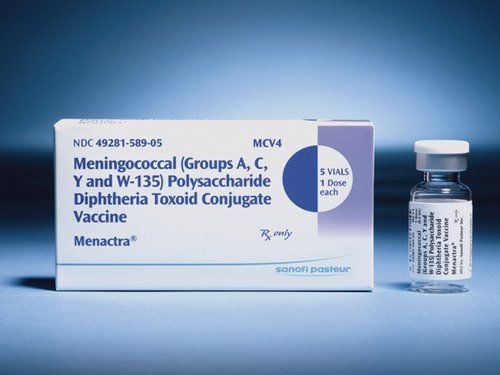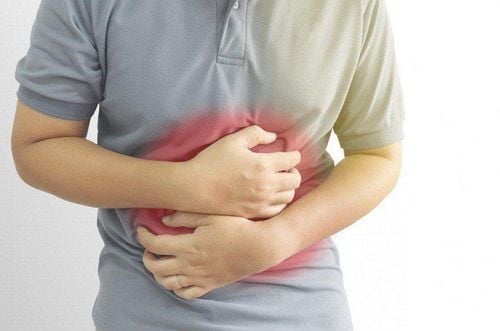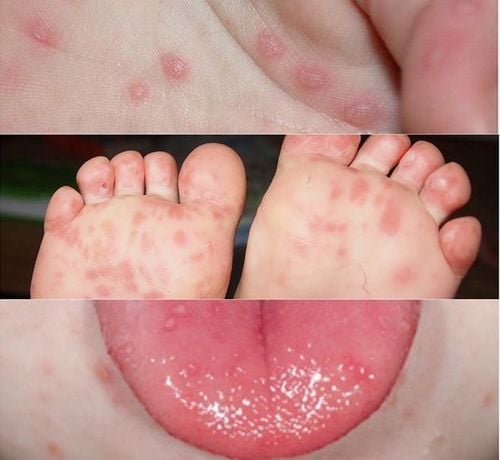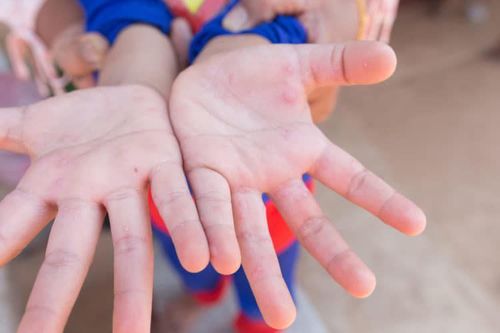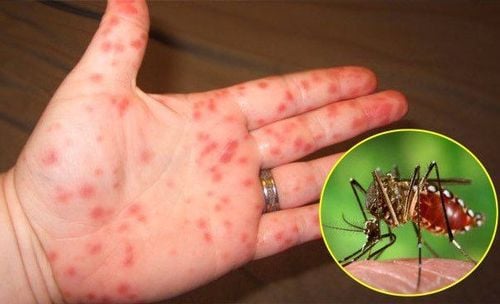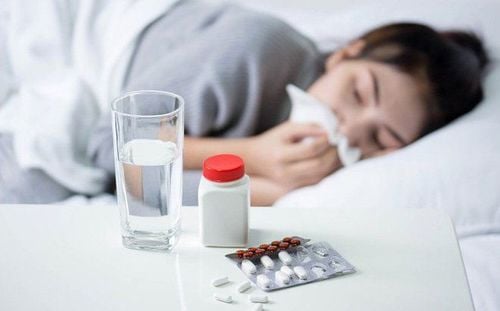This is an automatically translated article.
The article is expertly advised by MSc. Dr. Nguyen Minh Tuan - Pediatrician at the Department of Pediatrics - Neonatology - Vinmec Danang International General HospitalChildren are susceptible to infectious diseases, especially hand, foot and mouth disease. Most children with hand, foot and mouth disease will recover on their own. However, there are some severe cases that can have dangerous complications of hand, foot and mouth disease.
1. Signs of children suffering from hand, foot and mouth complications
Children can get hand, foot and mouth disease through the process of transmission from one child to another. Most children with the disease will recover on their own and leave no sequelae.
However, if hand, foot and mouth disease caused by enterovirus will lead to complications such as encephalitis, myocarditis, meningitis... Although the rate of children suffering from this complication is not large, it can cause death. if not detected and treated promptly. Currently, there is no vaccine for enterovirus 71.
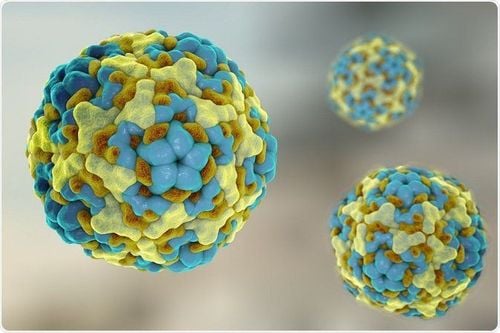
Symptoms of hand, foot and mouth complications are difficult to detect, even similar to those of other diseases, so parents should not be subjective with any sign of even the smallest of symptoms. young. Some typical signs that warn of the risk of hand, foot and mouth complications in children include:
Difficulty sleeping, constant crying, startling when awake or starting to doze off; The child has a fever above 39 degrees Celsius, has a fever continuously and has no signs of fever reduction for 2 days or more; Startled, panicked, talking nonsense while sleeping (especially starting to fall asleep), convulsing limbs, shaking. Children may show signs of lethargy, sleeping a lot; Fluffy skin, cold hands and feet, fast pulse but no high fever, high blood pressure, weakness in limbs, distorted mouth; Tired breathing
2. Beware of neurological complications of hand, foot and mouth disease in young children
Complications that children may encounter when having hand, foot and mouth disease include superinfection complications, neurological complications, cardiovascular complications, and respiratory complications. In particular, parents need to pay special attention to neurological complications, because this is the most severe complication, threatening the child's life or causing irreversible brain damage.Specifically, neurological complications in children include: encephalitis, brain stem inflammation, encephalitis, meningitis.
2.1 Meningitis lesions Signs that the virus has entered the brain, causing meningitis in children include:
High fever, lethargy, irritability, delirium; Headache, stiff neck; Fear of light; Weakness; Comatose.
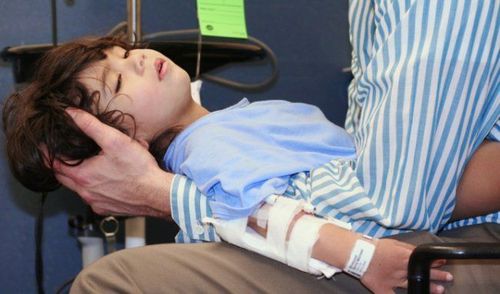
2.2 Inflammatory lesions in brain parenchyma, brain stem Children with inflammation in brain parenchyma, brain stem,... will have the following symptoms:
Myoclonic tremor in short episodes, from 1-2 seconds, mainly in the limbs. This often happens when babies start to sleep or put them on their backs; Drowsiness, restlessness, unsteadiness, tremors in limbs, backward gaze; nystagmus; Weakness, paralysis of limbs; Cranial nerve palsy ; Severe manifestations include convulsions, coma with respiratory and circulatory failure; Increase muscle tone. Being well aware of the complications as well as the dangerous level of hand, foot and mouth disease in children will help parents proactively prevent, detect and promptly handle if complications appear, avoiding unpredictable consequences. affect children's health.
Please dial HOTLINE for more information or register for an appointment HERE. Download MyVinmec app to make appointments faster and to manage your bookings easily.





